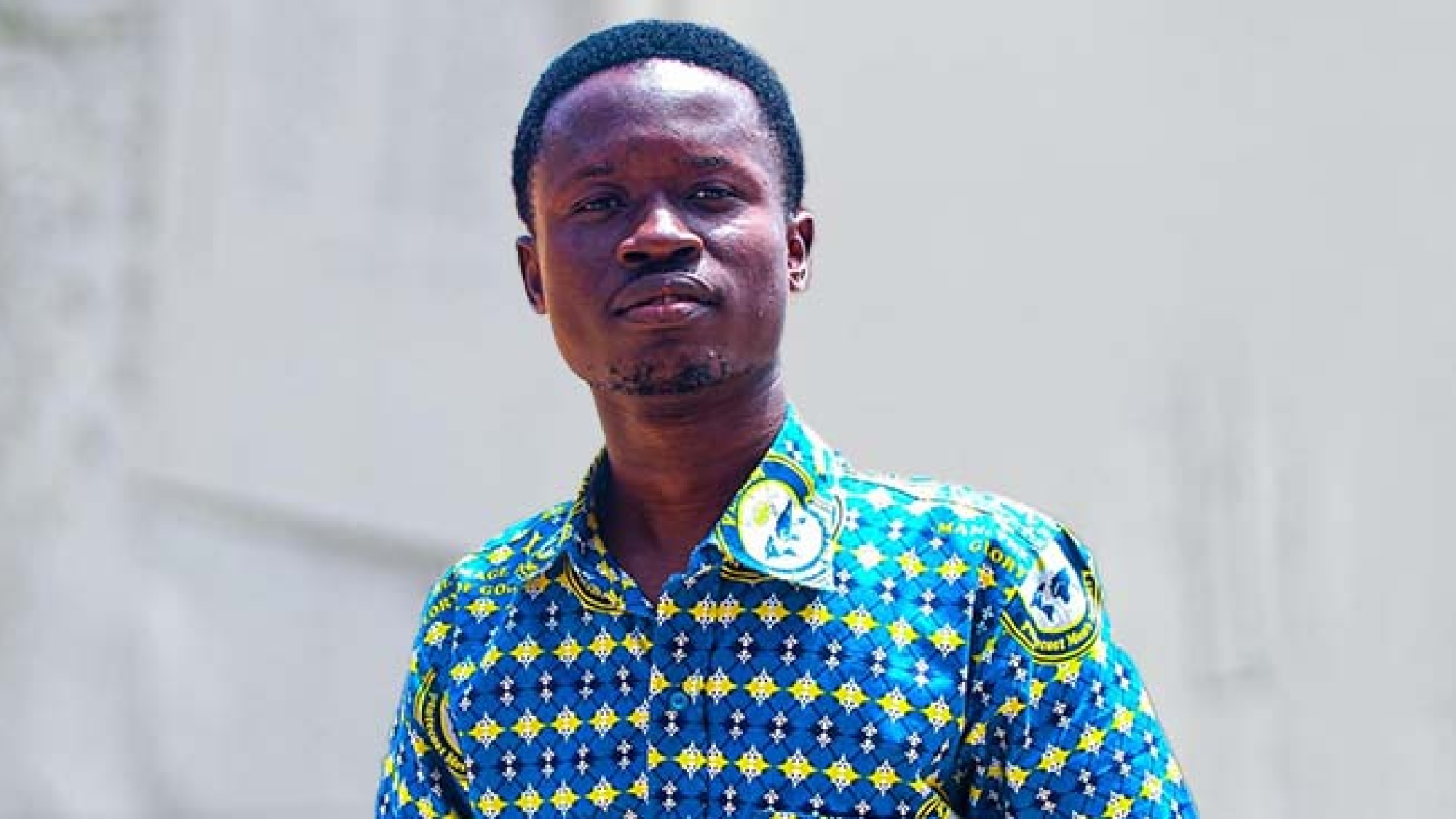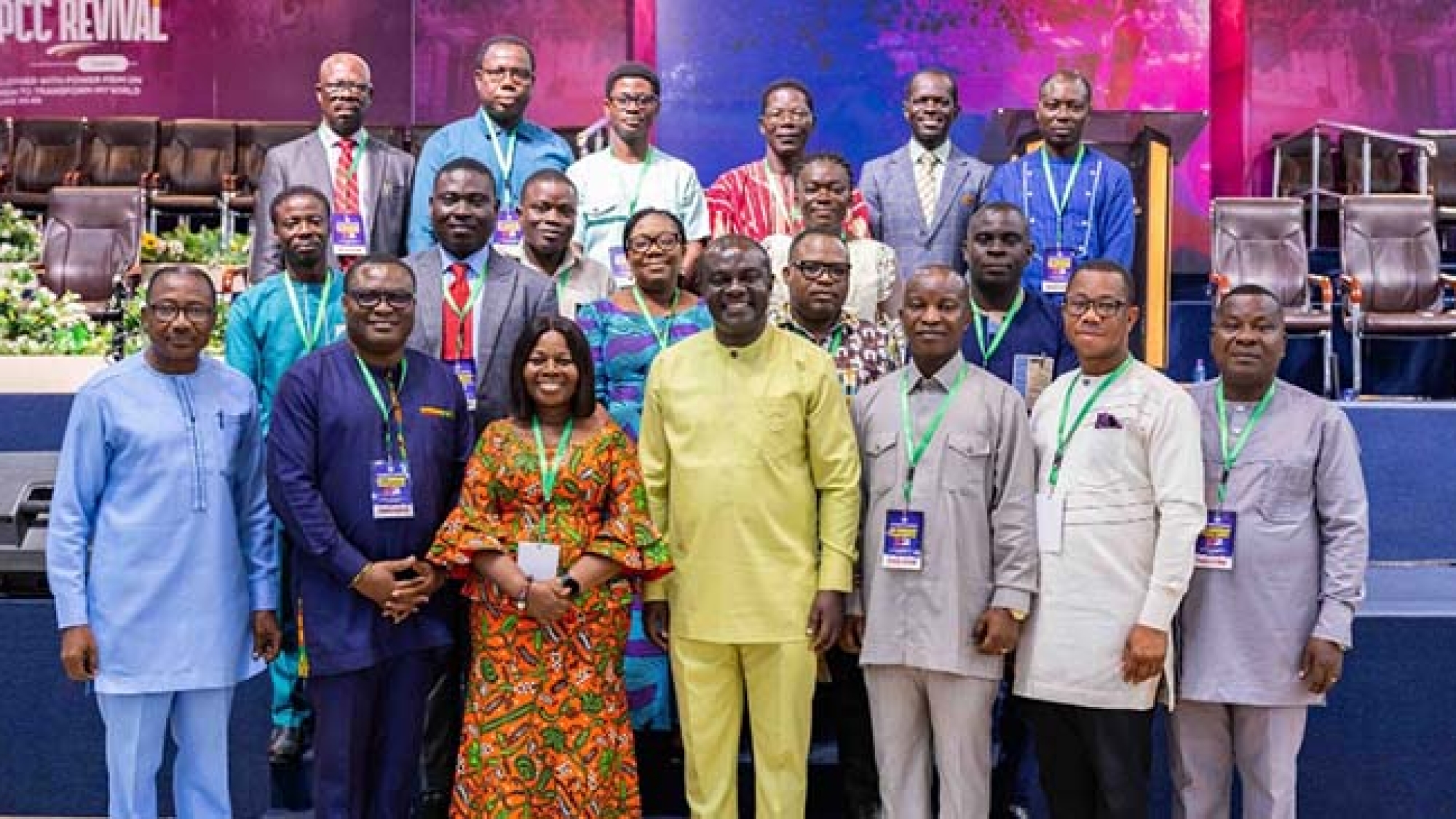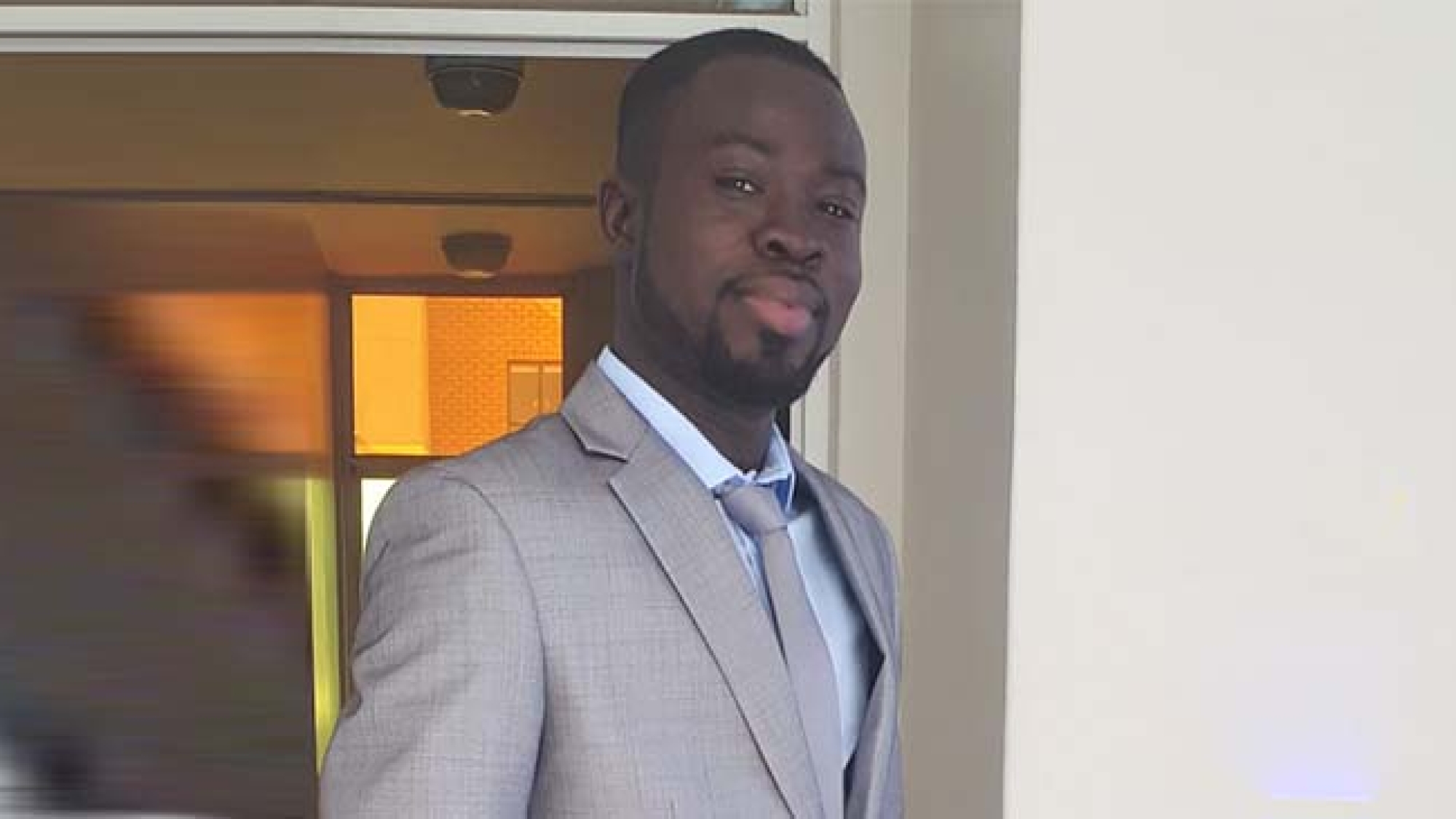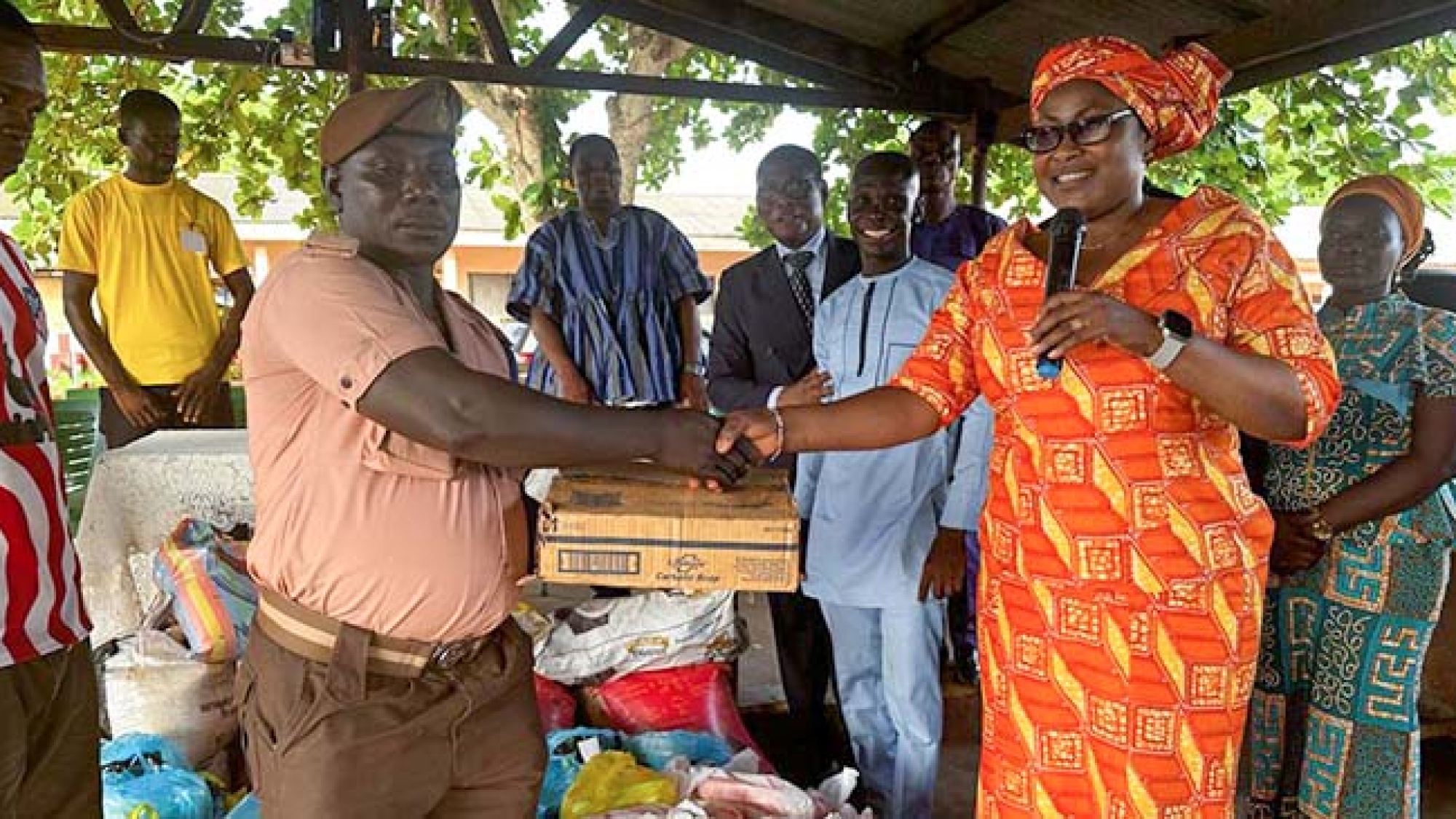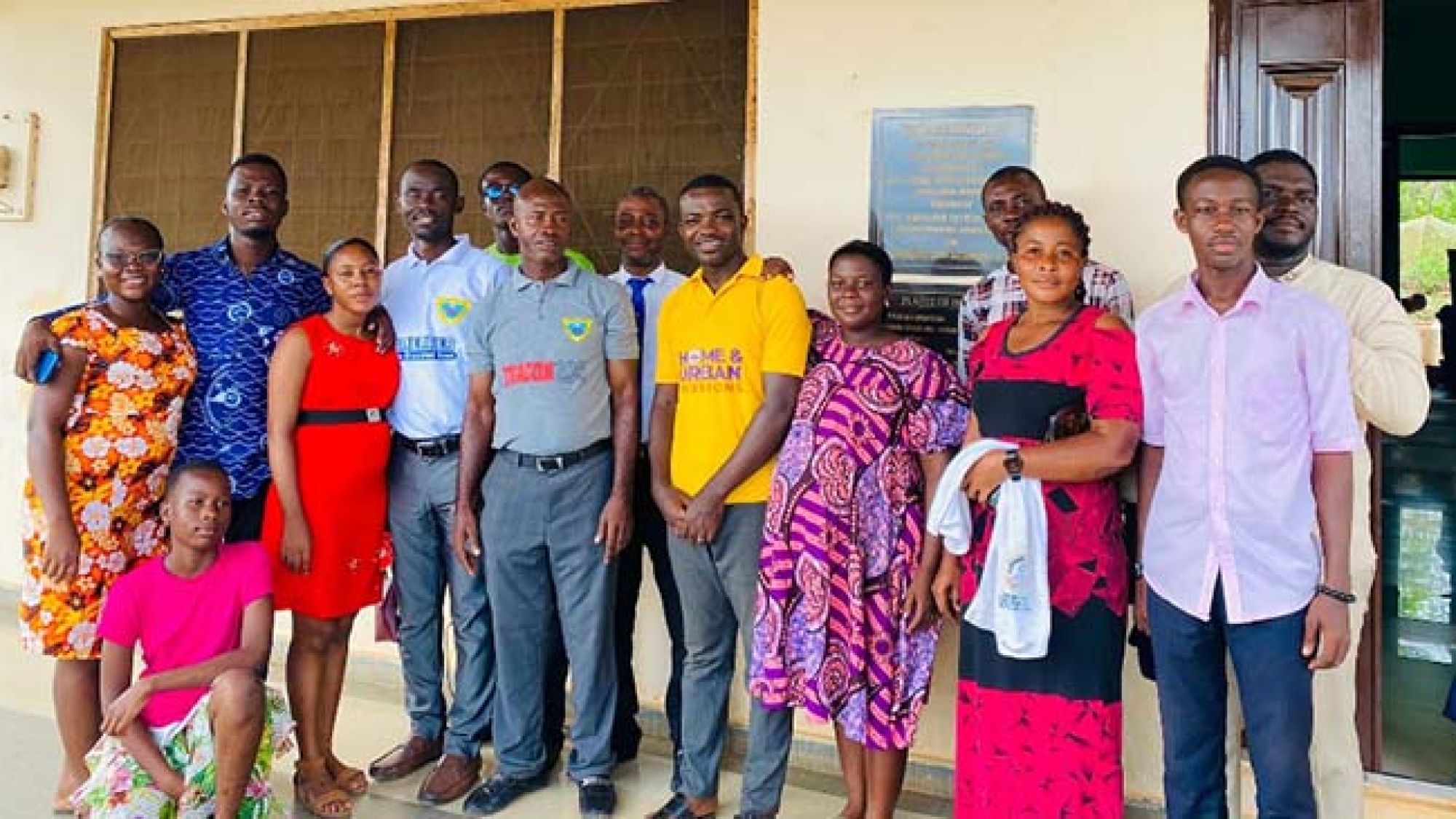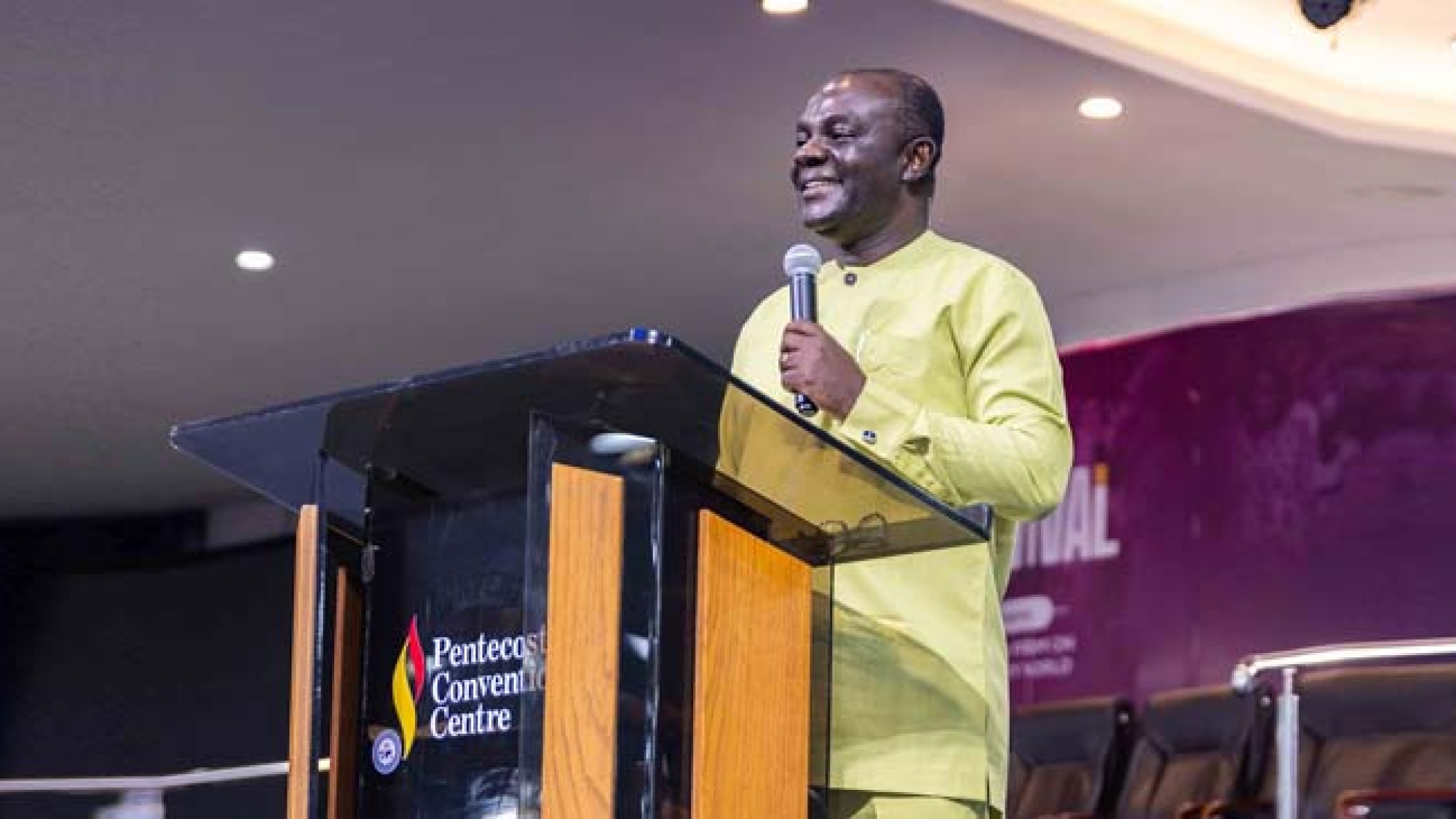The Cambridge dictionary defines a shortcut as a route more direct than the usual route or a quicker way of doing something. It is a faster or shorter way of getting to a place. Humans naturally lean towards shortcuts at the slightest opportunity, even with obvious risks and dangers. It is often argued why waste precious time and resources to achieve what can be achieved within the shortest possible time. Therefore, systems in the service and manufacturing sectors are constantly exploring ways to shorten processes to achieve efficiency and maximize profitability. In like manner, God, the creator of the entire universe in record time, would be the first to opt for the best, effective, and efficient way of executing every aspect of His Kingdom business.
Unfortunately, there seems to be a popular assertion that God is not too interested in shortcuts, even if they appear to be risk-free and the obvious way out of the affairs of His children. One scripture usually picked out of context to back that assertion can be found in Exodus 13:17. It reads, “When Pharaoh let the people go, God did not lead them on the road through the Philistine country, though that was shorter.” Although God is the most significant stakeholder of our walk with Him, believers more often than not behave and pretend as though they are more concerned about productivity in God’s vineyard business than He. God’s way may appear long and impossible, but it always turns out to be the shortest route toward set goals. Part six of this series will examine how a stigmatized slave rose to become a tenacious Chief of Staff in the Land of his captivity. Lessons will also be gleaned regarding maintaining the needed composure when traversing the humanly “long” hauls when God leads.
Daniel was one of Judah’s exiles, serving in the King’s palace in Babylon. He inspired his three Jewish brothers, who were also selected for the King’s service, to keep faith with the God of their fathers. They, therefore, went through the screening process and excelled more than their Babylonian counterparts with God’s help. (Daniel 1:6-20). Their Boss, the King of Babylon, had a troubling dream one night that needed to be interpreted by the magicians, astrologers, and enchanters at the palace. Nebuchadnezzar challenged them, saying, “But if you tell me the dream and explain it, you will receive from me gifts and rewards and great honor. So tell me the dream and interpret it for me.” (Daniel 2:6). When it was becoming difficult of those at the King’s service to execute the assignment, he ordered the Chief Executioner to executes them including Daniel and his three Jewish colleagues. God’s dealings with his children can be very intriguing, especially when it involves lifting them to strategic positions of honor.
One can hardly imagine how God helped them to excel in the processes that led to their selection and only to be visited by the Chief Executioner when the actual work started. The astrologers had earlier tried negotiating with the King to at least narrate his dream to them so they could give him its interpretation. The King insisted they tell him his dream and its accompanying interpretation. Was God seeing what was going on with Daniel and his three friends when the Executioner visited them to inform them about their fate? “So the decree was issued to put the wise men to death, and men were sent to look for Daniel and his friends to put them to death. When Arioch, the commander of the King’s guard, had gone out to put the wise men of Babylon to death, Daniel spoke to him with wisdom and tact.” (Daniel 2:13-14).
When God is up to something for His children, strange and unexpected things may occur, baffling every human reasoning and logic. According to the magicians, the King’s request was unusual because they were used to assisting those who narrated their dreams to them. “The astrologers answered the King, “There is no one on earth who can do what the King asks! No king, however great and mighty, has ever asked such a thing of any magician, enchanter, or astrologer. What the King asks is too difficult. No one can reveal it to the King except the gods, and they do not live among humans.” (Daniel 2:10-11). How did the King’s troubling dream coincide with Daniel’s early days as a servant in the Babylonian palace? And why couldn’t the King’s trusted magicians and astrologers help him this time? To cut corners for His children on a mission for Him, God can create a certain degree of discomfort for those who matter in their affairs.
By God’s favor, Daniel sought an audience with the King to give him some time to help him with the dream and its interpretation. Meanwhile, he turned down a similar request that sought to buy time for the King’s magicians. Favor becomes the common denominator anytime God begins to clear the site for His shortcut path for His children. With the help of his three friends in consultations with God, the mystery was revealed to Daniel that night. Some would wonder why Daniel didn’t hide in his room alone to pray but involved his three colleagues in pleading for God’s mercies. Daniel believed in teamwork, not the “I can do it all by myself spirit.” Although Daniel had a unique wisdom in interpreting dreams, he realized he couldn’t depend on himself alone but needed the support of his brethren to unravel that mystery. There are things God expects His children to handle solely by themselves and others by teamwork.
Therefore, the role and place for teamwork in the Lord’s vineyard business can not be exchanged for anything. What use would his three colleagues be helpful to him at the palace if he chose to keep the problem at hand to himself? Why would God even connect the four and take them through joint training as coursemates? There is a reason God brings some people to cross our paths. It is not just for the sake of socialization or companionship. Care must, therefore, be taken to ensure that those God sends to help in difficult situations aren’t treated with contempt, ignored, or driven away.
Let us use everyone who comes across our line of duty, education, fellowship, or through the execution of any task. Who knows, amongst them may be your God-sent Angel. (Hebrews 13:2). By that act of teamwork and cooperate prayers, God brought the interpretation to Daniel, which paved the way for him to be appointed as the Head of all the King’s wise men. Shadrach, Meshack, and Abednego also get elevated to the positions of Administrators at the seat of government at the instant of Daniel. It is worth noting that these appointments materialized after the successful resolution of the challenge at the seat of government that also threatened their very lives. “Then the King placed Daniel in a high position and lavished many gifts on him. He made him ruler over the entire province of Babylon and put him in charge of all its wise men. Moreover, at Daniel’s request, the King appointed Shadrach, Meshach, and Abednego administrators over the province of Babylon while Daniel remained at the royal court.” (Daniel 2:48). Another challenge erupted that required the three friends of Daniel to bow to Nebuchadnezzar’s image of gold. Upon the blast of a horn, people of all nations and languages were to bow and worship the image. (Daniel 3:4-6). The three Jewish administrators determined not to bow and worship the King’s image and so were offloaded into the burning furnace.
Daniel, their leader and mentor, was not physically present with them, yet they lived up to their calling as God’s children. It was time for them to justify their inclusion for further elevation or appointments. By God’s Grace and His workings, some can connect us to positions of trust and honor, but the onus is on us to deliver and live up to expectations. In the end, God saved them from dying in the burning furnace. Marveled at this, King Nebuchadnezzar sang praises to glorify the God of Israel and promoted them to a higher rank at the seat of government. Their application for promotion would have followed the existing queue and the available establishments at the palace. However, after their shining example, the King found a higher rank or created some for them if none existed. Even though Daniel recommended their appointment, he could not have promoted them to the rank the King gave them after they came out of the fire. The challenges we go through in life provide the golden opportunity to excel with God’s help and offer us the promotion that human connections cannot attain.
After the death of Nebuchadnezzar, his son Belshazzar took over, while Daniel remained one of the top officials in the palace. It is not unusual for people’s relevance and influence to wane over time and regimes. There are many whose relevance is regime-based. Nebuchadnezzar had a good relationship with Daniel, making him the Head of all the magicians, astrologers, and enchanters. However, after his passing, it appeared Belshazzar was yet to know his value at the palace. It was after the magicians had failed to help interpret the strange writing on the wall that Daniel was brought into the matter. The queen remembered to mention Daniel’s name to her husband. “She said. “Don’t be alarmed! Don’t look so pale! There is a man in your KingdomKingdom who has the spirit of the holy gods in him. In the time of your father, he was found to have insight, intelligence, and wisdom like that of the gods. Your father, King Nebuchadnezzar, appointed him Chief of the magicians, enchanters, astrologers, and diviners. He did this because Daniel, whom the King called Belteshazzar, was found to have a keen mind, knowledge, and understanding, and also the ability to interpret dreams, explain riddles, and solve difficult problems. Call for Daniel, and he will tell you what the writing means. ” (Daniel 5:10-12).
Ordinarily, Daniel, the Chief of the wise men, astrologers, and magicians, was supposed to be the first person the officials at the palace should have mentioned to the King. Indeed, the wise men themselves knew the difficult mysteries and riddles Daniel, their boss, was capable of handling during the days of Nebuchadnezzar. Yet, they wanted to take advantage of the transition to overshadow or cause a disaffection between him and the new King. This practice is prevalent in most organizations and institutions, especially when there is a slight change in the leadership structure.
God, however, knows how to make and maintain His children’s relevance at all times and towards achieving His purposes. God, therefore, scribbled some terrifying writings on the wall when King Belshazzar was in high spirits, drinking and partying at his palace with his nobles. Daniel was invited, and after interpreting the writings, the King honored him with gifts and, most importantly, proclaimed him the third highest ruler in the Kingdom of Babylon. (Daniel 5:29). After the death of Belshazzar that night, Darius the Mede took over as the King. He maintained Daniel as one of the top three administrators out of the 120 satraps he appointed.
After that, another problematic challenge arose in line with Daniel’s schedule of operations at the King’s palace. The question that quickly comes to mind is, “Why do difficult challenges seem to be preceding God’s uplifting and elevation of His children to positions of trust?” It is a good observation, but it is refreshing to learn from Psalm 34:19, which says, “The righteous person may have many troubles, but the Lord delivers him from them all.” It is equally so because, as strangers, much is not expected from the world and its systems regarding fairness, reward, and extension of certain courtesies. God uses the challenges we face to make a case to glorify Himself to the world and sometimes orchestrates some challenges to bring out the investments He’s made in us. Anyone of these lies in the Sovereign bosom of our Lord, and it is His preserve as a potter to do what He so wishes with His own jar of Clay (Romans 9:19-24).
In whichever form they appear, challenges are meant to make us and not break us apart. This time, Daniel’s high-ranking colleagues at the seat of government planned to entrap and disgrace him with a scandal because they got the intel that the new King wanted to set him over the entire KingdomKingdom. (Daniel 6:3). Try as they did; Daniel wouldn’t fall into their entrapments and the temptations to be corrupted. They finally schemed to get King Darius to sign an edict that sought to ban praying to any god or human being except him, the King, for thirty days. (Daniel 6:6-9).
The penalty for disobeying the King’s edict was to be thrown into the lion’s den. Why would the colleagues of Daniel choose to make a god out of King Darius if even idolatry is what they sought to consolidate? After all, many idols were already in the palace, like the one Nebuchadnezzar set up. Yet, they managed to carve the edict, making Darius a deity for thirty days. Knowing the excellent relationship and plans the King had in mind for Daniel, they only sought to break that cordial relationship and replace it with a strong rift between them. Leaders must be careful when people around them idolize them for all to worship. The motives for such flattery and sycophant gestures may be just for their selfish gains or personal interests. After all, the King was to be worshipped for only thirty days, so what happens to the King afterward? Unfortunately, the King was prevailed upon to sign that edict. Let’s not entertain edicts or policies well carved for some few people’s selfish interests but under the guise of protecting our legacy. Even before “Thirty” days elapse, you would begin to realize how you have been deceived and shortchanged.
Daniel got wind of this edict and resorted to prayer to the God of his fathers as usual. “When the king heard this, he was greatly distressed; he was determined to rescue Daniel and made every effort until sundown to save him.” (Daniel 6:14). As a Chief Administrator, he could have written petitions upon petitions for the King’s edict to be reviewed. He, however, did not pick any quarrel with King Darius, his friend, because he understood the times he found himself. (Daniel 6:5-10). The fruits of the Spirit Daniel exhibited here were Peace, gentleness, forbearance, and Joy. Therefore, he was seen praying and had to be thrown into the lion’s den. God sent His Angels ahead in the lion’s den before Daniel arrived. The lions saw him possibly as their Chief lion because in him was the Lion of the tribe of Judah. He came out unscathed, and his bosom friend, King Darius, could not hide his joy, praises, and worship of the God of Israel. (Daniel 6:23). “So, Daniel prospered during the reign of Darius and the reign of Cyrus the Persian.” (Daniel 6:28).
God’s “long” shortcut for Daniel the slave to become the celebrated Chief of Staff was, therefore, his resolve not to defile himself with the King’s meat during his youthful and early days as a worker at the palace. The numerous threats to his life in and out of the lion’s den also propelled and catalyzed all his elevations from Nebuchadnezzar to King Cyrus. It was weird and spectacular because he remained the Chief of Staff for three successive Kingdoms (i.e., Babylonians, Medes, and Persian Empires) with not less than five great Kings. Daniel did not also resort to lobbying and scheming his way out to remain relevant at the seat of government. The problematic challenges that confronted him show he would have been killed or betrayed by his office colleagues if he resorted to lobbying. God always knows how to make us relevant as long as we want to make Him relevant wherever we find ourselves.
From the above illustration, we can firmly conclude that what humans call a long path toward success is God’s shortcut for His children. We have also realized that while many depend on their qualifications and hard work to occupy positions of trust, others see that as a rather long journey full of uncertainties. They thus resort to backbiting, lobbying, feminine power, and elimination of supposed competitors by rough tactics, which come with their inherent disappointments and miseries. God, however, knows the shortest but safest route to the assigned blessed destinations of all He calls His children. His route doesn’t take time; it saves it instead for all who put their trust in Him. William L. Hogan once said, “God is under no obligation to explain or defend Himself to us. His ways are often perplexing and sometimes very painful, but be sure of this: God Himself has brought you to that difficult spot, and He makes no mistakes. We must rest assured that He knows what He is doing, even when we do not, and that He does everything well.” However, When God chose to use the Red Sea route for Israel instead of the shortcut, He explained His rationale to them. “For God said, “If they face war, they might change their minds and return to Egypt. So God led the people around by the desert road toward the Red Sea. The Israelites went up out of Egypt ready for battle.” (Exodus 13:18).
Many believers, unfortunately, elongate God’s shortcut for them by the choices they made and by their lifestyles but turn around to make blasphemous comments about God and create disaffection for Him. Israel would not have spent 40 years in the wilderness for that journey to the promised Land. Those years could be best described as imprisonment or punishment and must not be added to the total mileage from Egypt to Cannan. God punished them to wander about until all over 20 years perished, except for Caleb and Joshua.
There can be no one who needs productivity in God’s vineyard than Himself. Therefore, there will always be good reasons, primarily out of the reach of human comprehension, why the apparent delays are loaded with intrigues anytime God is in charge. He always proves Himself as the faithful one, with the end being extraordinarily glorious if only we are prepared to go the “long” hull with Him. Humankind’s way perceived as a shortcut is instead loaded with risk, uncertainties, and speculations founded on human wishes. The routes God uses are incomprehensible and inaccessible by humankind’s efforts. It is always viewed as long, although it is always the shortest and safest way to reach our destinations. His Grace and help are where He leads.
Written by Apostle James Orhin Agyin






